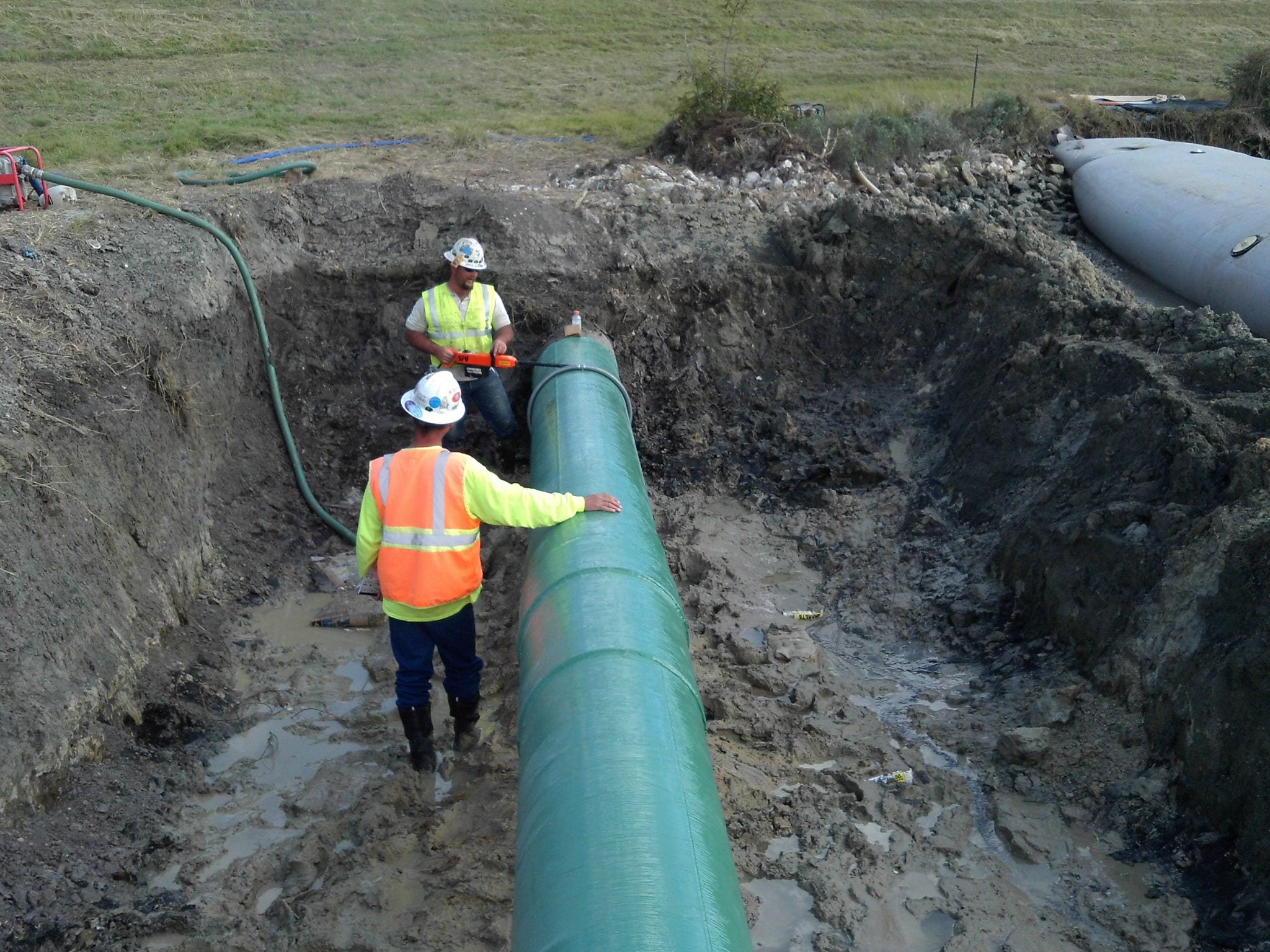Every minute of every day, pipelines deliver the energy supplies we all count on. Even now as most of us heed the call to stay at home, many others work heroically to get us through the COVID-19 pandemic.
Pipeline infrastructure delivers the energy that provides heat for hospitals and health care facilities, our homes, and factories. That energy also fuels the trucks that move food and other essential items to supermarkets, pharmacies, and our front doors. Pipelines transport materials that manufacturers need to make medical supplies, such as ventilators and safety equipment for essential services workers. Without energy, the healthcare industry wouldn’t be able to sustain our way of living or provide many of the necessities of life.
Reliable energy supply sustains lives, and proper maintenance and integrity monitoring prevent damage to operating pipelines. Those activities are important to protecting our energy supply. They are critical to the United States’ economic health, especially as we emerge from the COVID-19 crisis.
It takes many people to build and operate pipeline infrastructure. For reliability and safety, governments classify those employees and contractors as essential services workers. The essential services designation must also apply to the workers in our “supply chain.” Those are the people whose quick turnaround enables companies to access essential parts and materials, whether it’s to keep operations going or to build new infrastructure.
The industry’s top priority is always the wellbeing of employees, contractors, partners, and the communities where we work. There’s a strong culture of safety in the pipeline industry, so our members quickly adopted all COVID-19 best practices. That means for workers involved in critical activities out there, companies are following all precautions set out by governments and the health authorities.
In addition, companies have extra safety measures under their individual emergency response plans. Those measures include limiting the intensity of activities and ensuring they don’t intrude on communities, rigorous practice of social distancing, testing workers, segregating control rooms, and much more.
The pipeline industry has a responsibility to manage all activities in a way that takes care of the environment, health, and safety.


